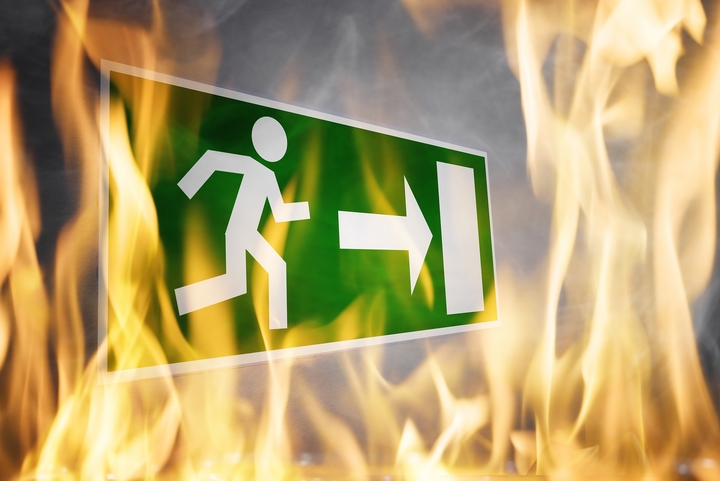
Everyone, regardless of where they live and who they have living in their home with them, should have a home fire plan in place. By doing this, you’ll drastically increase the odds of you and your friends or family members knowing what to do in the event of a house fire so that you can better protect yourselves and your property.
So if you’re starting from scratch with this, here are three tips for creating a home fire plan for your family.
Get Your Alarm Systems Up And Running
Before you get too far into your home fire plan, you first want to make sure that you have the proper alarm systems to alert you if and when a fire does take place in your home. Without this, any type of planning won’t be much good to you, as you won’t know when a fire is going on in a different room or when you’re asleep.
Depending on the type of home you live in and how much risk or security you feel like you’re comfortable with, your home could be outfitted with things like smoke alarms, heat detectors, a fire suppression system, and more. If you have a home security system, you can also link up your smoke alarms or smoke detectors to this system so that the fire department will automatically be called if the right factors are in place, which can save you from having to think about doing this yourself.
Make Sure Everyone Knows What To Do
Now that you know that everyone in your home will be informed if and when a fire does break out there, it’s time to start thinking about how to prepare everyone for this possibility.
As you begin putting your plan in place, it’s vital that you go over all the details time and time again, especially if you have young kids or older family members living with you, so that they can remember these things even under stress. Information like how to best get out of the house and where to meet once they get out of the house are vital to solidify together.
Do Regular Practice Drills
Once everyone in your home knows the plan that you have for a house fire, it’s important that you do regular practice drills for your plan.
Not only will doing regular practice drills help everyone in your family become more familiar with what to do if and when a fire does happen, but it can also help you to troubleshoot problems that might arise when trying to get out of the house or meet up after your home has been evacuated.
If you want to ensure that your family has a plan in place in the event of a fire, consider using the tips mentioned above to help you put this together.